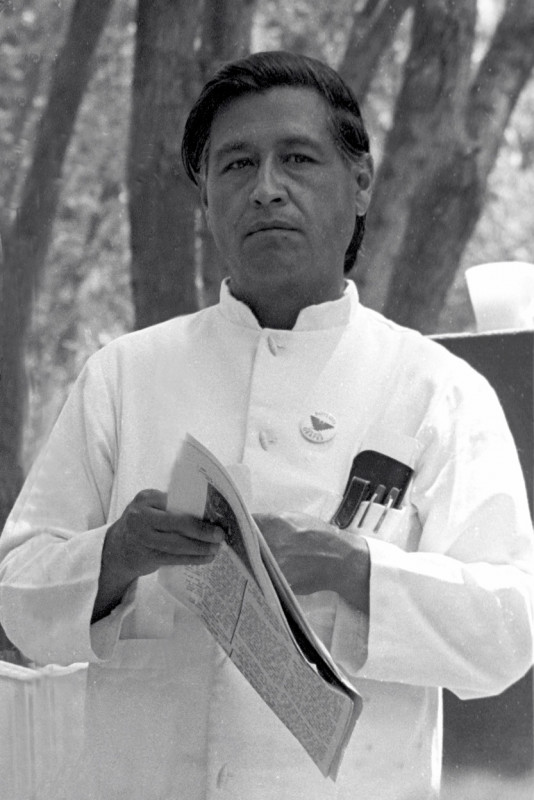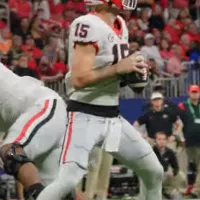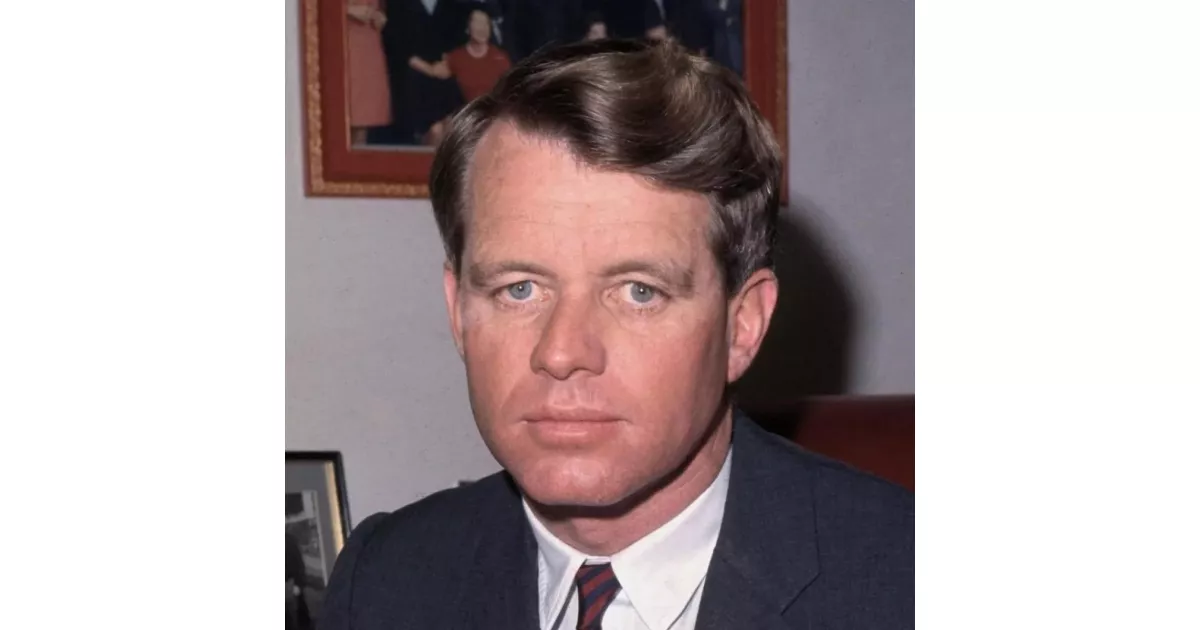Life is full of challenges, and Robert F. Kennedy faced many. Discover key struggles and how they were overcome.
Robert F. Kennedy (RFK) was a prominent American politician and lawyer. He served as the 64th U.S. Attorney General from 1961 to 1964 and as a U.S. Senator from New York from 1965 until his assassination in 1968. At the time of his death, he was a leading candidate for the Democratic presidential nomination. Like his brothers, John and Ted, RFK was a key figure in the Democratic Party and a symbol of modern American liberalism.
August 1944: Death of Joseph Kennedy Jr.
In August 1944, Robert Kennedy's oldest brother, Joseph Jr., died when his bomber exploded during a volunteer mission known as Operation Aphrodite. This profoundly affected Robert and his family.
January 1954: Professional and Personal Nadir
From July 1953 to January 1954 was a "professional and personal nadir" for Robert Kennedy, as he tried to prove himself to his family.
1957: Chief Counsel of Senate Labor Rackets Committee
In 1957, Robert Kennedy became the chief counsel of the Senate Labor Rackets Committee. He gained national attention for challenging Teamsters President Jimmy Hoffa over corrupt practices.
1960: Appointment as U.S. Attorney General
In 1960, after John F. Kennedy won the presidential election, he appointed his brother Robert F. Kennedy as U.S. Attorney General, despite concerns about nepotism and Robert's lack of experience. Publications like The New York Times and The New Republic criticized the appointment.
1960: Experiences with Anti-Catholicism
In 1960, during his brother's presidential campaign, Kennedy was deeply shaken by the anti-Catholicism he encountered, especially among Protestant intellectuals and journalists, leading him to state, "Anti-Catholicism is the anti-semitism of the intellectuals."
July 7, 1961: Kennedy Comments on Hoffa's Reelected Teamsters Presidency
On July 7, 1961, after Jimmy Hoffa was reelected to the Teamsters presidency, Kennedy told reporters the government's case against Hoffa had not been changed.
1961: Complaints Filed by King Handled Through Negotiation
Between 1961 and 1963, a number of complaints filed by King with the Justice Department were handled through negotiation between the city commission and Negro citizens.
February 1962: Hoover Alleges Communist Ties to King's Advisors
In February 1962, FBI Director J. Edgar Hoover presented Kennedy with allegations that some of Martin Luther King Jr.'s close confidants and advisers were communists, leading to FBI monitoring of King.
September 1962: Kennedy Sends Marshals to University of Mississippi
In September 1962, Kennedy sent a force of U.S. Marshals, U.S. Border Patrol agents, and deputized federal prison guards to the University of Mississippi to enforce a federal court order allowing the admittance of James Meredith, the institution's first African American student.
1962: Leaked Hoffa Statement on Kennedy
In 1962, it was leaked that Hoffa had claimed Kennedy had been "bodily" removed from his office.
May 24, 1963: Private Meeting with Black Delegation
On May 24, 1963, Kennedy held a private meeting in New York City with a black delegation coordinated by James Baldwin. The meeting became antagonistic and reached no consensus.
October 1963: Kennedy Authorizes Wiretapping of King
In October 1963, Kennedy issued a written directive authorizing the FBI to wiretap Martin Luther King Jr. and other leaders of the Southern Christian Leadership Conference (SCLC).
November 22, 1963: Assassination of John F. Kennedy
On November 22, 1963, Robert Kennedy was at home when J. Edgar Hoover called to inform him that his brother, President Kennedy, had been shot. Following the call, Kennedy instructed McGeorge Bundy to change the locks on the president's files, ordered the Secret Service to dismantle the hidden taping system in the Oval Office and cabinet room, and met with CIA director John McCone to ask about CIA involvement in the assassination.
July 1964: Johnson rules out cabinet members as running mates
In July 1964, President Johnson issued an official statement ruling out all of his current cabinet members, including Robert Kennedy, as potential running mates. This decision caused disappointment and drew angry letters directed towards both Johnson and his wife.
April 1966: Meeting with Philip Heymann Regarding Vietnam POWs
In April 1966, Robert F. Kennedy met with Philip Heymann to discuss securing the release of American prisoners of war in Vietnam. Kennedy sought to push the Johnson administration to act, but Heymann stated the administration prioritized avoiding negotiations with the Viet Cong more than the captives' release.
June 1966: Wiretapping of King Continues
The wiretapping of Martin Luther King Jr. that was authorized in October 1963 continued through June 1966.
1966: Direct Legislative Action in the Senate
In 1966, Robert Kennedy and his staff shifted from an "amendments-only" strategy to more direct legislative action in the Senate, although they faced increasing resistance from the Johnson administration.
September 1967: Johnson Administration to Attack Kennedy's Housing Proposal
In September 1967, Robert B. Semple Jr. reported that the Johnson administration was preparing "a concerted attack" on Robert F. Kennedy's proposal to "build more and better low-cost housing in the slums through private enterprise".
1967: Increasing Resistance from the Johnson Administration
In 1967, Robert Kennedy and his staff faced increasing resistance from the Johnson administration, despite taking more direct legislative action in the Senate.
1967: European Discussions on Vietnam and Policy Differences
Throughout 1967, Kennedy traveled to Europe and discussed Vietnam with leaders and diplomats, leading to concerns that he was undermining President Johnson's authority by advocating for peace talks. On March 2, Kennedy outlined a three-point plan for ending the war, but it was rejected by Secretary of State Dean Rusk. On November 26, Kennedy publicly contrasted the Johnson administration's Vietnam policies with those of his brother during an appearance on Face the Nation, calling the view of fighting communism in Vietnam "immoral".
1968: Decision to Run for President
In 1968, Robert F. Kennedy initially declined to run for president against incumbent Lyndon B. Johnson. However, following the Tet Offensive and the Kerner Commission's report on racial unrest, Kennedy reconsidered, feeling Johnson was not addressing critical issues. This led to his decision to challenge Johnson for the presidency.
1968: Decision to Challenge Johnson for Presidency
In 1968, Robert Kennedy visited Cesar Chavez in California and decided to challenge Johnson for the presidency. Despite opposition from his brother Ted, who worried about the impact on future chances, Kennedy proceeded with his presidential bid.
1968: Revelation of Wiretapping of King
In 1968, days before Kennedy's death, the wiretapping of Martin Luther King Jr. was revealed.
Mentioned in this timeline

Jupiter is the fifth and largest planet from the Sun...

John F Kennedy JFK was the th U S President...

Martin Luther King Jr was a pivotal leader in the...

Joe Biden a member of the Democratic Party served as...
California is a U S state on the Pacific Coast...

Cesar Chavez was a prominent American labor leader and civil...
Trending

7 months ago Ja Morant Severs Ties with Lift Sports Management Amid Nets Speculation.
Justice Haynes is an American college football running back currently playing for the Michigan Wolverines He began his college career...

8 months ago Ashton Kutcher and Mila Kunis's bathing habits spark debate; Taylor met the couple.

Ana Violeta Navarro-C rdenas is a Nicaraguan-American political strategist and commentator known for her appearances on various television programs and...

1 month ago Nina Dobrev enjoys Mexican getaway with friends after Shaun White split, finding beach vibes.

2 months ago Kendall Jenner Celebrates Her 30th Birthday with Nude Beach Photos and Bikini Looks
Popular

XXXTentacion born Jahseh Dwayne Ricardo Onfroy was a controversial yet...

Stranger Things created by the Duffer Brothers is a popular...

Kelsey Grammer is an accomplished American actor producer and singer...

Carson Beck is an American college football quarterback currently playing...

Marco Rubio is an American politician attorney and diplomat He...

Candace Owens is an American conservative political commentator and author...
